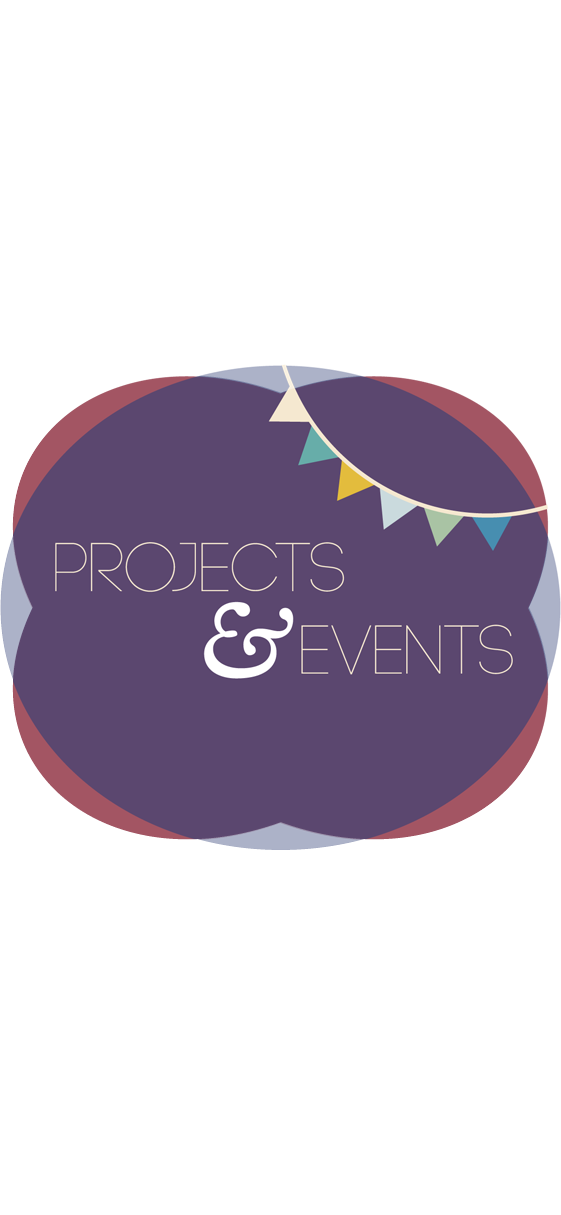
Projects & Events
Current Project: Study of Global Diversity
In March of 2010, the Diversity Collegium began a two-year study of global diversity. We began our study with lots of questions. For example, when diversity practitioners in the United States use the term "global diversity," to what are they referring exactly? Is it simply the word "global" put in front of our U.S.-based understanding of diversity? Is global diversity a term used in other countries?
Does global diversity imply some kind of competencies? If so, what are they and for whom and what models exist? How could behaviors, such as respect, be part of the competencies that global workers possess and practice?
We wondered what areas, sectors, segments want information about global diversity and why. We asked, what is the cost of not having global competencies -- what is the impact of global incompetence for organizations?
We know that there are some 40 different inventories for assessing competencies that have multiple uses. We know that there are sets of competencies and skills, cognitive and affective, that support effective interactions in a variety of situations. And there are techniques to measure competencies.
We wanted to know more about the diversity issues for different countries around the globe. Do these issues primarily focus on women -- their participation in the workforce, their role in decision-making on a team, their participation in politics? Does global diversity encompass sexual orientation, and if so, what are the issues across countries and how are these issues handled? What about cultural differences -- do practitioners consider these a part of global diversity, and if so, are they including thinking patterns, political differences, power, communication styles, learning styles, and decision-making styles?
When we talk about global diversity, are we considering different models for doing diversity work around the world? Are these models published and known? Does global diversity involve who are perceived as potential leaders, how leaders are chosen around the world, how leaders are developed, and the pressures a non-traditional leader may face, such as women leaders in Japan for example? How are leadership styles considered in a global context?
Is immigration a part of global diversity? If yes, how? If no, why not?
At this point, we are still involved in our study. In 2012, we will make decisions about how to make our learning about global diversity public and available to practitioners.
2007-2009 Projects
During these two years, the work of The Diversity Collegium focused on the following:
The Collegium divided itself into two Mini Think Tanks focusing on the topics of: The Work, Theory and Practice of Diversity and Inclusion, and Generational Differences. The Mini Think Tanks spent two years exploring these two topics at its bi-annual meetings.
The outcome of this period has resulted in the writing of two papers, one on the connections between Organization Development and Diversity, and the other about Social Justice and its foundation for diversity work.
These two papers are still in the writing process.
The Collegium looks forward to some type of public symposium to present and discuss the topics of these papers. The event will be organized by The Alliance, a collaboration between the Diversity Collegium and the American Institute for Managing Diversity. Traditionally, The Alliance Symposia has received a wide spectrum of diversity practitioners, leaders and scholars to participate in their events. More information will be available in 2012.
See also: